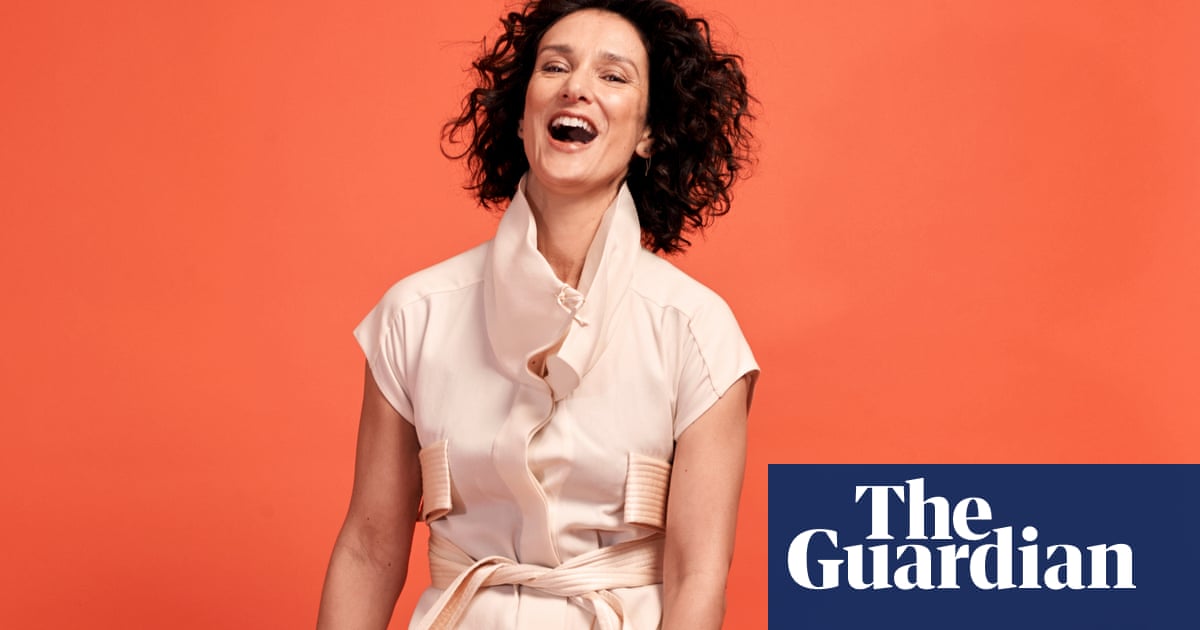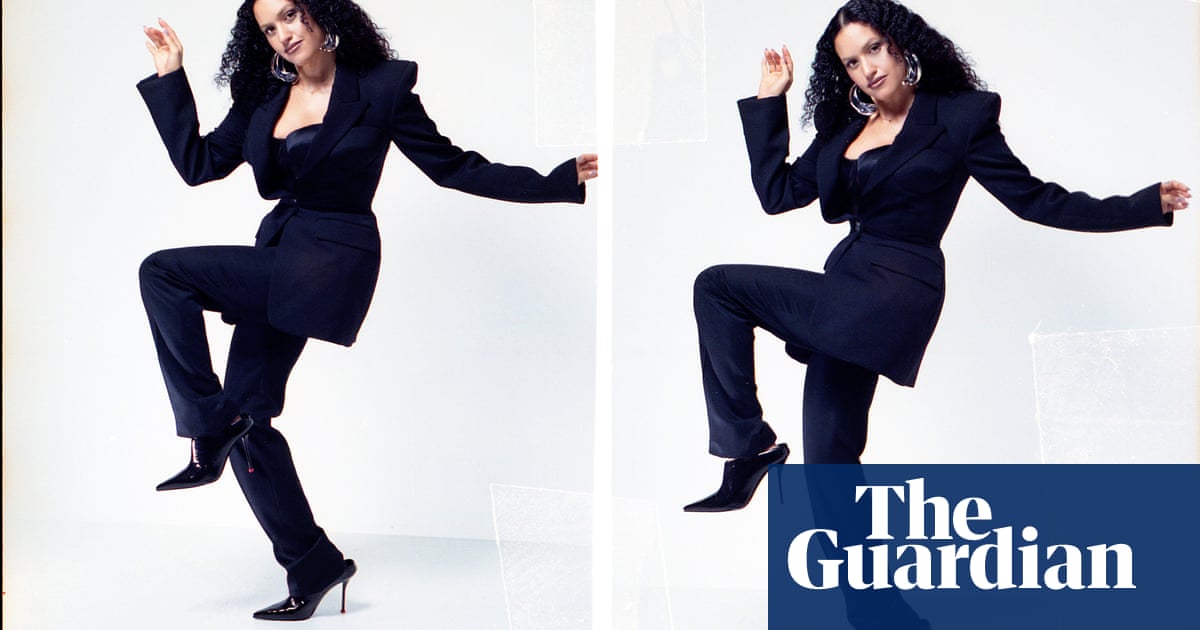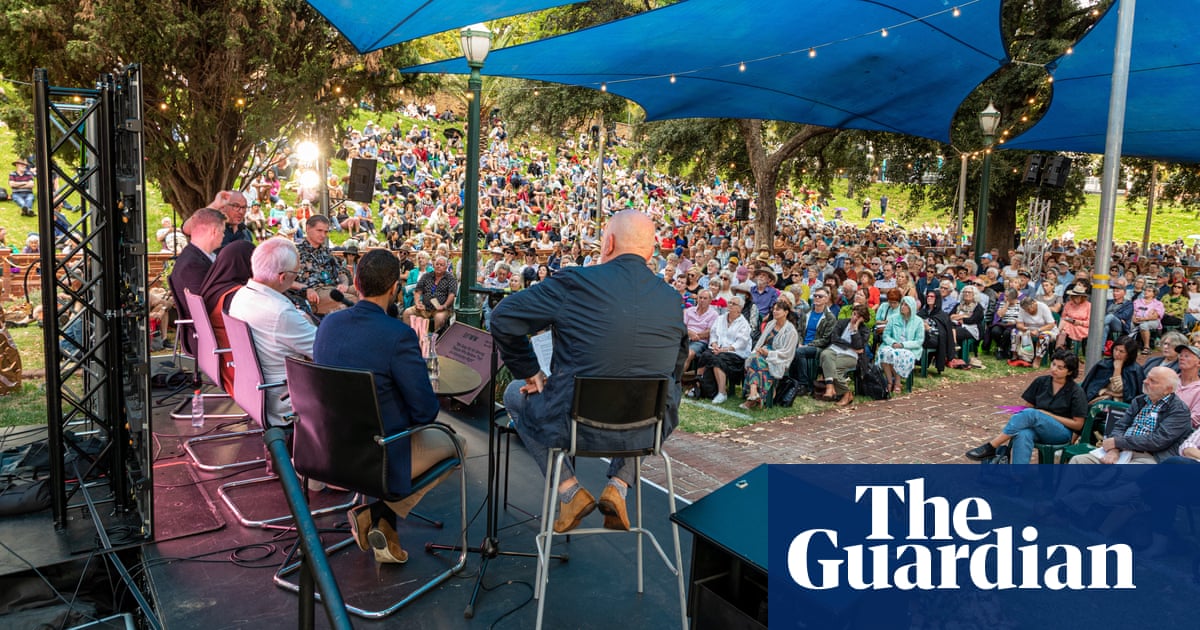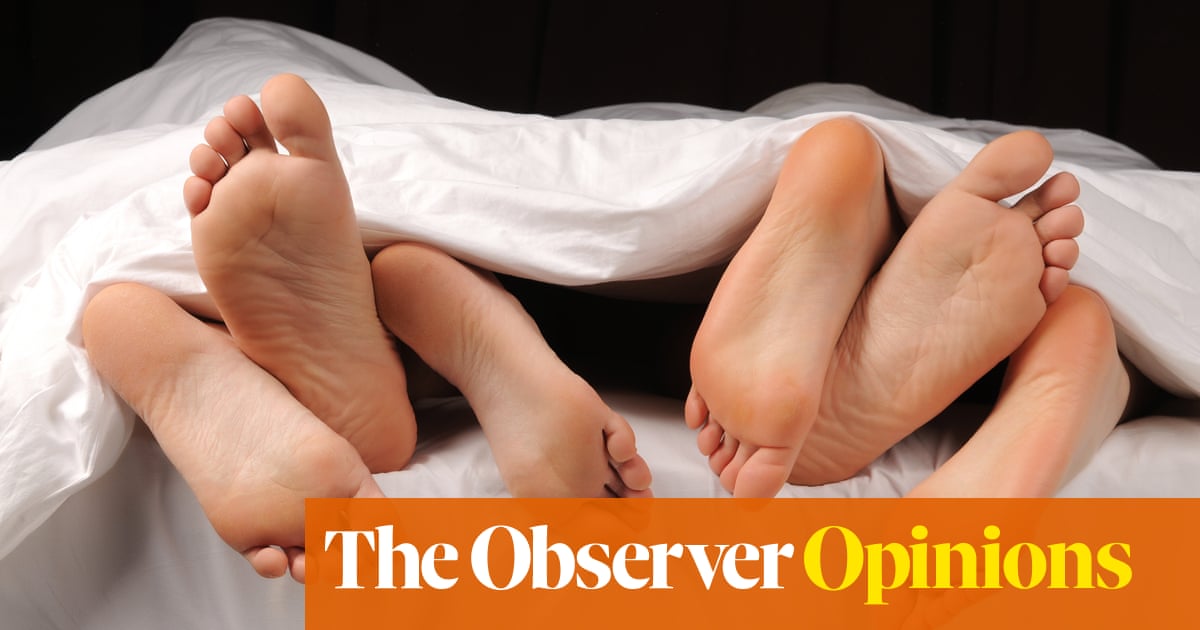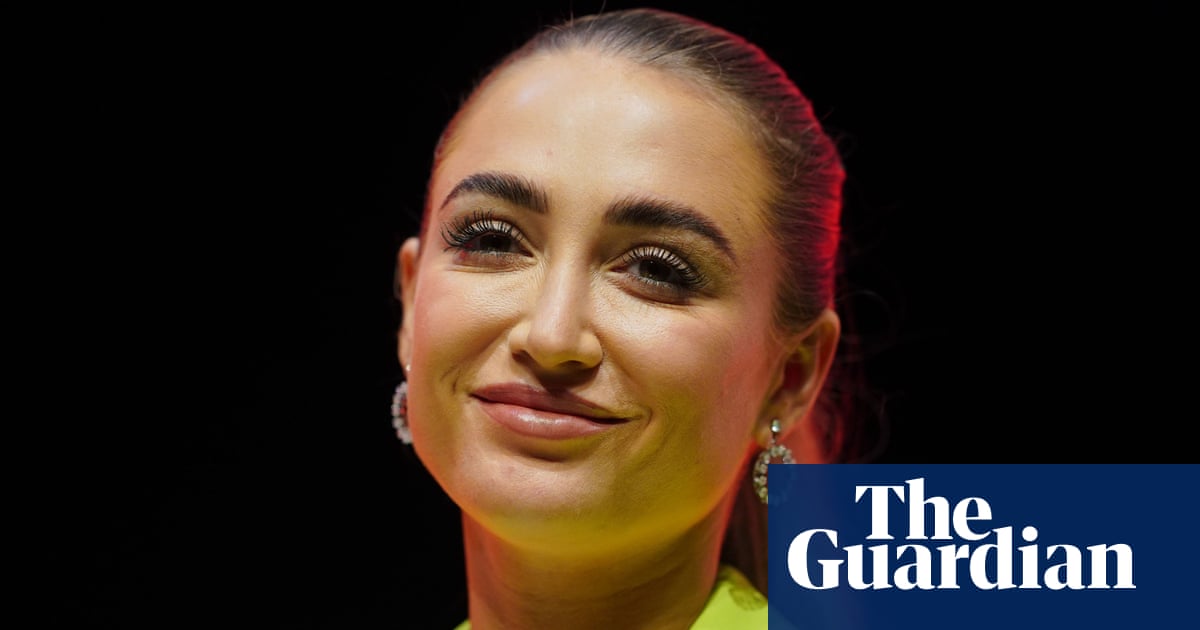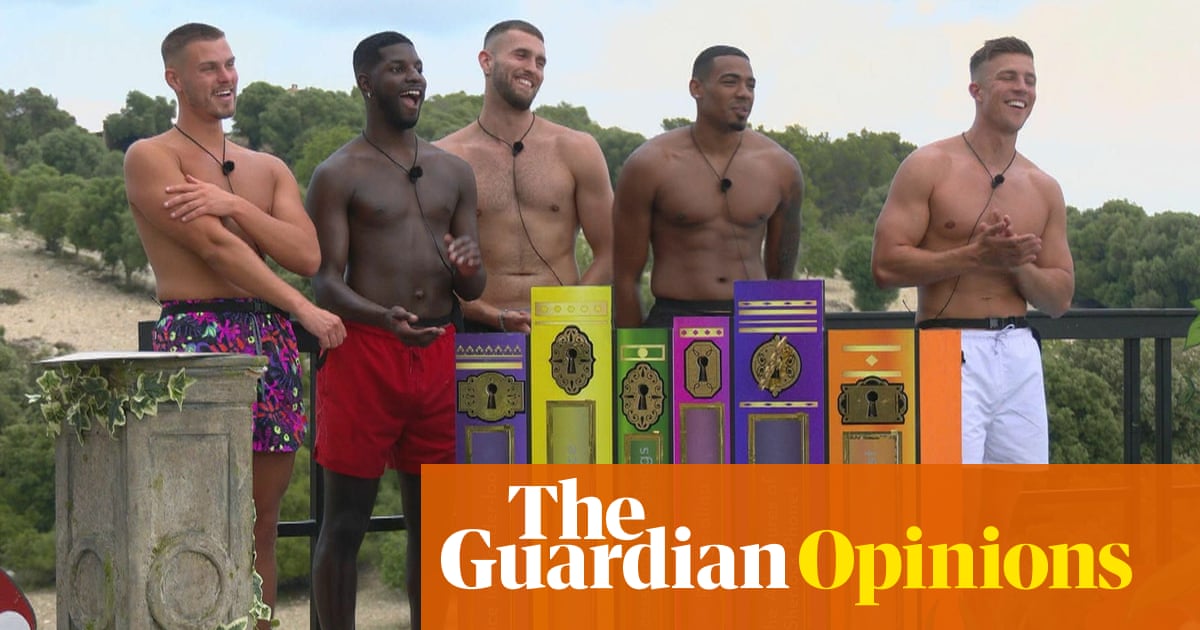
Love Island is back, which means a new squad of impeccably preened future spokespeople for the fast-fashion industry has entered TV’s most famous villa looking for love – and Instagram followers.
Once again, audiences have tuned in with the hope of becoming completely obsessed with the minutiae of the Islanders’ lives in the villa, only to forget most of their names once they leave. But according to overnight figures, Love Island lost 1 million viewers on its summer 2022 series. Even with the 300,000 that have since been added to incorporate catch-up, the overall figure was still a significant drop on 2022 and around half the number who watched 2019’s series launch.
My Twitter timeline bears this out. On Monday night, I was expecting it to be full of people hashtagging #LoveIsland and live-tweeting the show. There were some people bravely soldiering on, but there was a stark decrease from the days when the tweets about the show generated such intense fomo that I felt practically obligated to join in.
What is driving the slump in enthusiasm? For me, it’s the issue that befalls many reality TV shows: it has become primarily a vehicle for fame. We see this trend everywhere. Big Brother changed from “social experiment” to a tabloid cover competition. The X Factor and The Apprentice saw contestants angling more for celebrity (and an appearance on Celebrity Big Brother) than a genuine career in music or business. Even the once-humble Great British Bake Off has been changed by the six-figure book deals awaiting its bakers, while RuPaul’s Drag Race has transformed from cult hit to mainstream staple, complete with stadium tours and conventions.
The show’s vibe has also shifted – even as the format has stayed broadly the same. In 2017, the reboot’s breakthrough series (won by Kem Cetinay and Amber Davies) turned the show into a cultural phenomenon. Back then, fans liked the absence of the toxic drunken conflicts that defined Big Brother. Instead, Love Island felt noticeably more supportive and even wholesome, capturing the weirdness of British romance and introducing a lexicon of terms such as “muggy” to the masses. It didn’t just bring together couples, it forged real friendships too. (The US and Australian versions didn’t take off in the same way because they failed to capture this sense of camaraderie.)
Gradually, though, the show has become more conflict-focused. Following accusations of toxicity and the deaths of former host Caroline Flack and several former contestants, ITV has made a point of updating and publishing its aftercare guidelines. But in 2021, the “movie night” – a twist where contestants are shown clips of things they’ve said about each other – resulted in Faye Winter lashing out in a brutal confrontation that prompted Ofcom complaints. And in 2022, Adam Collard – a contestant who four years previously had been accused of gaslighting and emotional abuse – was the first Islander to return to the villa, a move that seemed specifically designed to spark conflict.
In the face of a stagnant formula that is becoming less and less interesting to watch, the future of Love Island will depend on whether it can adapt. In 2021, I remember watching the premiere after an 18-month pandemic hiatus. Hearing that theme music again felt like a welcome return to normality, because we had been given a chance to feel the show’s absence. My main takeaway was “less is more”, so it was puzzling that ITV decided to air another winter series at the start of 2023. Why not stick to one series a year? Or use one of the two series to try something totally new, like an LGBTQ+ show, or an “all stars” series?
There are also questions about the casting. If you had asked ChatGPT to write a list of contestants for this year’s series, it would probably have come up with the same array of beauticians, personal trainers, models, estate agents and obligatory nepo baby of a B-list celebrity. Although there have been steps forward in terms of racial diversity and people living with disabilities, the show remains a place for people with sculpted bodies who feel like they must already run in the same circles.
Fans of new reality shows such as the BBC’s I Kissed a Boy and The Traitors should enjoy their innocence while it lasts, because once it’s gone, it’s near-on impossible to recapture. In the case of Love Island, it insults our intelligence to continue pretending that most of its cast are there for love, rather than social media followers and a coveted Boohoo endorsement deal. One thing the show could do – but hasn’t done enough – is acknowledge that reality. In the last two years there have been tentative breaks of the “fourth wall”, but ITV could be much bolder about this. If an acknowledgment of “the show” and the opportunities it can bring becomes a part of on-camera discussions and conflicts, then it will make Love Island far more interesting and authentic.
Louis Staples writes about the internet, culture and society




